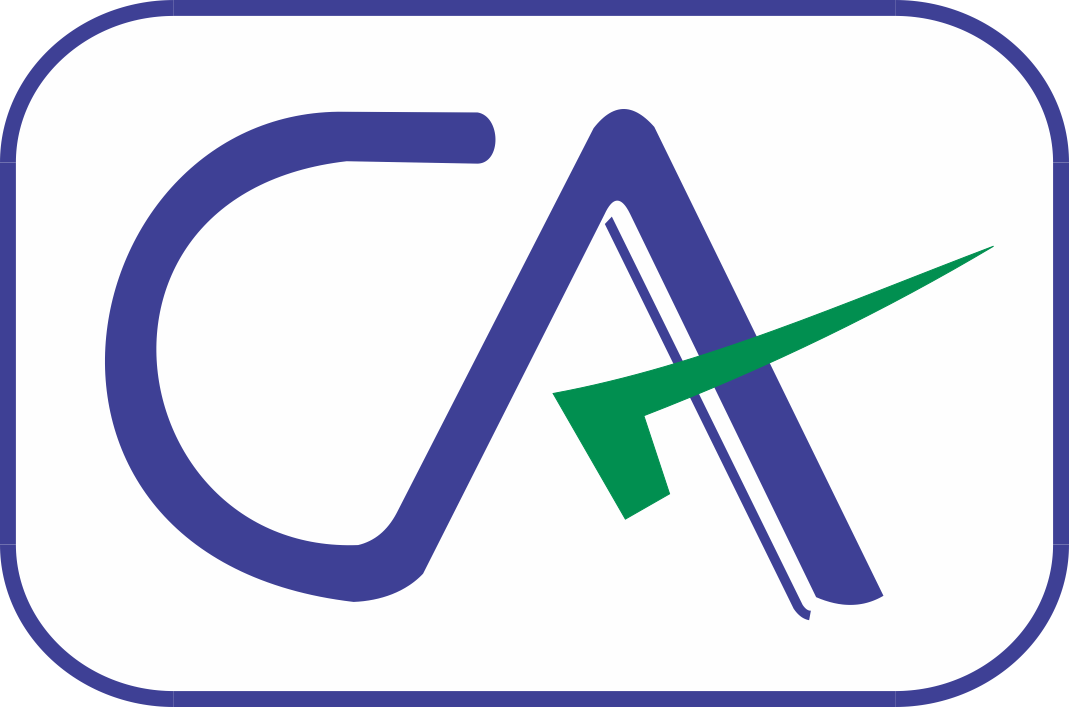How Chartered Accountants Ensure Financial Compliance and Manage Risk

Introduction :
In the complex and ever-changing business landscape, financial compliance and risk management are critical for the success and sustainability of organizations. Chartered accountants, with their specialized knowledge and expertise, play a vital role in ensuring financial compliance and mitigating risks. This article delves into the importance of chartered accountants in maintaining financial compliance, explores the various regulations and standards they adhere to, and provides real-life examples of how their expertise safeguards organizations.
1. Understanding Financial Compliance :
Financial compliance refers to the adherence to laws, regulations, and standards that govern financial reporting and transparency. This section discusses the significance of financial compliance for businesses, highlighting its role in building trust with stakeholders, ensuring accurate financial reporting, and facilitating ethical business practices. We explore the major compliance regulations and frameworks, such as Generally Accepted Accounting Principles (GAAP), International Financial Reporting Standards (IFRS), and local tax regulations, that chartered accountants must adhere to in different jurisdictions.
2. The Role of Chartered Accountants in Financial Compliance :
Chartered accountants are trained professionals who possess a deep understanding of financial compliance requirements. This section examines their key responsibilities in ensuring financial compliance for businesses. We discuss their role in maintaining accurate financial records, preparing financial statements, conducting audits, and ensuring compliance with tax laws. Moreover, we highlight how chartered accountants act as trusted advisors, providing guidance on compliance-related matters and helping businesses navigate complex regulatory landscapes.
3. Mitigating Risks through Effective Risk Management :
Risk management is an essential aspect of business operations, and chartered accountants play a crucial role in identifying, assessing, and mitigating risks. This section emphasizes the importance of risk management for organizations, discussing the potential consequences of inadequate risk management practices. We explore the risk management frameworks, methodologies, and tools that chartered accountants utilize to identify and evaluate risks. Additionally, we highlight their role in designing and implementing internal controls to mitigate risks and safeguard business assets.
4. Chartered Accountants as Guardians of Ethical Business Practices :
Ethics and integrity are integral to financial compliance and risk management. This section explores how chartered accountants uphold ethical standards in their professional practice, ensuring the integrity of financial information and promoting transparency. We discuss their responsibility in detecting and preventing fraudulent activities, promoting sound corporate governance practices, and fostering a culture of ethical behavior within organizations. Real-life examples of how chartered accountants have exposed financial misconduct and contributed to the overall ethical framework of businesses are highlighted.
5. The Value of Chartered Accountants in Safeguarding Organizations :
This section emphasizes the value that chartered accountants bring to organizations in terms of financial compliance and risk management. We discuss how their expertise helps businesses avoid legal and financial penalties, protect their reputation, and build trust with stakeholders. Real-life examples of organizations that have benefitted from the guidance and expertise of chartered accountants are provided. Furthermore, we discuss the intangible benefits of engaging chartered accountants, such as enhanced decision-making based on accurate financial information and improved access to funding and investments.
Conclusion :
In conclusion, chartered accountants play a critical role in ensuring financial compliance and mitigating risks for businesses. Their specialized knowledge, adherence to regulations and standards, and commitment to ethical practices contribute to the financial well-being and sustainability of organizations. By maintaining accurate financial records, providing guidance on compliance matters, and implementing effective risk management strategies, chartered accountants act as guardians of financial integrity. Their expertise helps businesses navigate complex regulatory landscapes, mitigate risks, and build trust with stakeholders. Engaging the services of a qualified chartered accountant is essential for organizations seeking to maintain financial compliance, manage risks effectively, and achieve long-term success.

